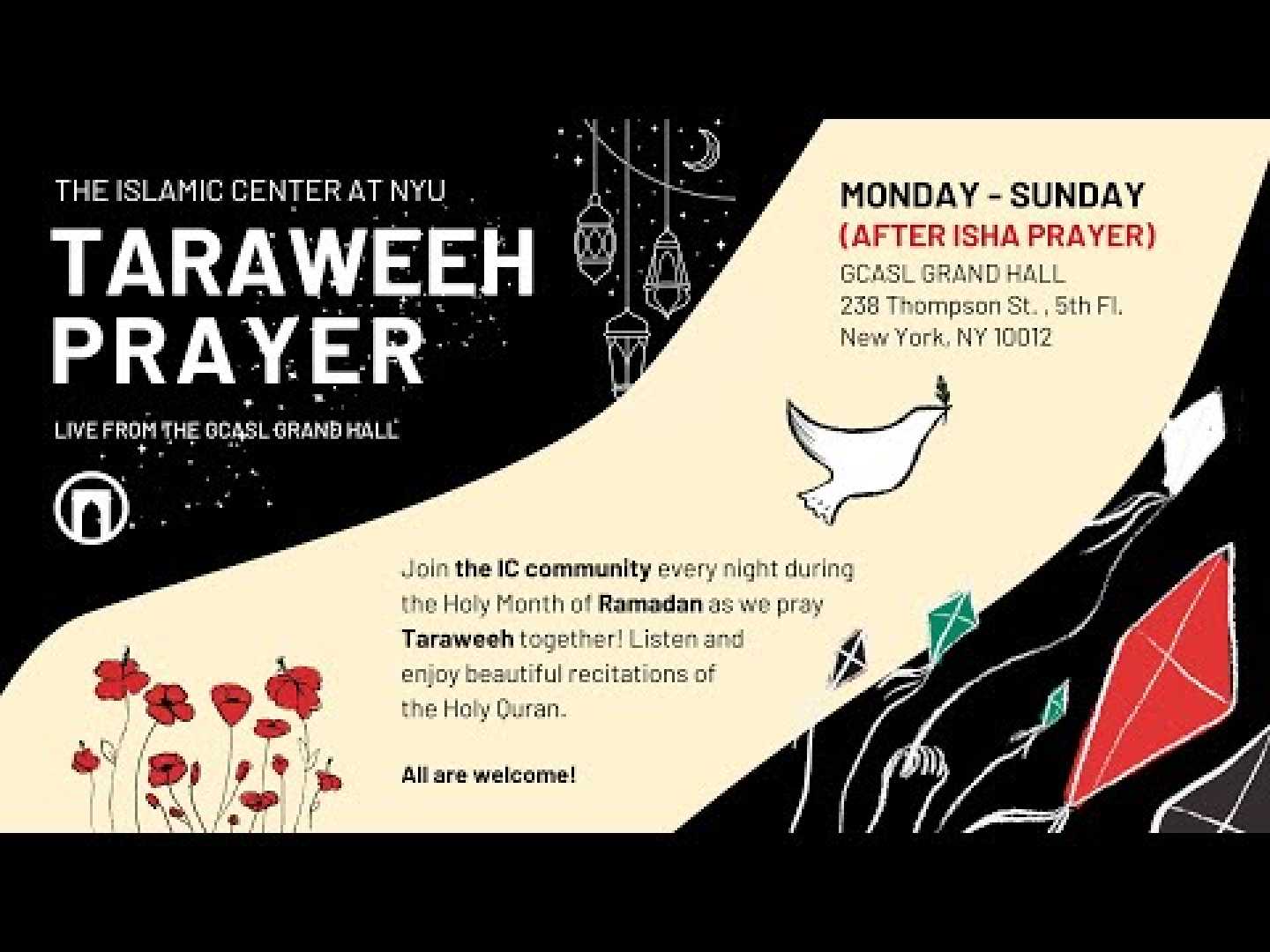News
Muslims Prepare for Ramadan 2025: A Month of Fasting and Reflection

CHICAGO, IL — Muslims around the globe are gearing up to observe Ramadan, a significant month of fasting and spiritual reflection, beginning around March 1, 2025. The precise starting date hinges on the sighting of the crescent moon.
During this holy month, adherents of Islam commemorate the revelation of the Quran to the Prophet Muhammad by the Angel Gabriel. Tyler Mallari, a spokesperson for the Zakat Foundation, emphasized that Ramadan is a time for Muslims to unite, enhance their faith, and engage in charitable activities.
Ramadan lasts approximately 29 to 30 days, during which Muslims who have reached puberty and are physically able fast from dawn until sunset. This fasting involves abstaining from food, drink, and sexual relations, promoting both self-discipline and spiritual growth.
“The idea is to cultivate awareness of God,” said Imam Ebad Rahman, Religious Life Associate for Muslim Life at Columbia University. “Taqwa in Arabic.”
Fasting during Ramadan goes beyond merely abstaining from physical needs; Muslims are encouraged to avoid negative behaviors such as gossiping, lying, or arguing. However, individuals who are ill, pregnant or nursing women, and travelers are exempt from the fast. Although children are not required to participate fully, many choose to experience short periods of symbolic fasting.
Throughout Ramadan, mosques often host Iftars, communal dinners to break the fast. These gatherings, which are open to the wider community, provide an opportunity for fellowship and charity. Families may also host Iftars at home, fostering friendships and a sense of community.
<p"Muslims are encouraged to embody a charitable spirit in Ramadan in order to benefit their local and broader communities alongside their own personal spiritual development," Mallari added. Community-based initiatives often include food drives and open houses at mosques to strengthen connections among members.
Each night during Ramadan, Imams recite one thirtieth of the Quran during special prayers, ensuring that the entire text is read by the month’s conclusion. The last ten nights of Ramadan hold particular significance, with Laylat al-Qadr, or the Night of Power, believed to occur on one of those odd nights. This night is considered one of the holiest, when good deeds are thought to carry extra weight.
The end of Ramadan is marked by Eid Al-Fitr, or the Festival of Breaking the Fast, a major holiday in the Islamic calendar. Scheduled to begin around March 30, this three-day celebration includes special prayers, festive meals, gifts for children, and community celebrations. Similar to the beginning of Ramadan, the exact start date of Eid is dependent on the sighting of the moon.












